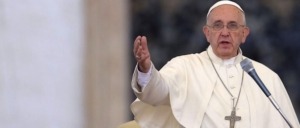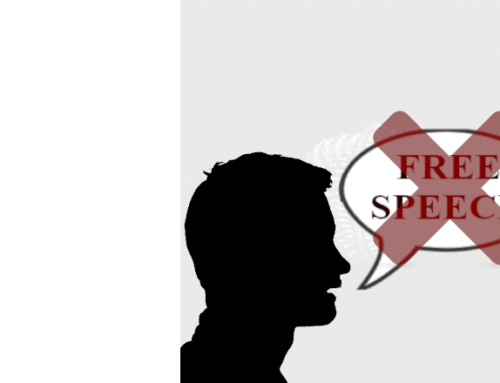
Pope Francis wouldn’t be Pope Francis unless he was confounding his critics. Conservatives will recoil at his left-leaning politics, anti-market impulse, embrace of global policies to combat climate change, and his doomsday scenarios. Liberals will recoil at his condemnation of population control, embryonic destruction, and abortion; they will also reject his insistence on “valuing one’s own body in its femininity or masculinity,” asking us to “joyfully accept the special gifts” of the sexes (#155).
The pope paints a bleak picture saying that the earth “is beginning to look more and more like an immense pile of filth.” This may explain why he thinks—he actually calls it a “fact”—that “people no longer seem to believe in a happy future” (#113). Similarly, he does not say that we have a right to the pursuit of happiness, but a right to happiness itself (#43).
The pope’s love for God’s creation is genuine, and his urgent call for environmental reforms is welcome. But some will no doubt question his assertion that carbon dioxide is a pollutant (#24). Pollutants are generally regarded as human additives, not constitutive properties of humankind. His condemnation of air conditioning will also make eyes roll: he does not blame AC usage on consumer demand but on capitalists seeking to make money (#55).
Some of the problems he identifies are universal and resistant to reform. He decries population density in urban areas—the two are inseparable—and he bemoans the fact that “we still have not solved the problem of poverty” (#27). Whether it is poverty or environmental destruction, the pope fingers the pursuit of profit as the culprit, not governmental policies.
At one point (#61), he asks us to reject “doomsday predictions,” yet later (#161) he says: “Doomsday predictions can no longer be met with irony or disdain.” Better editing would have avoided such a serious inconsistency. No matter, the pope has given everyone much to consider.







